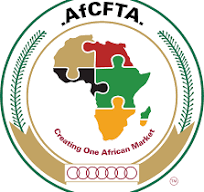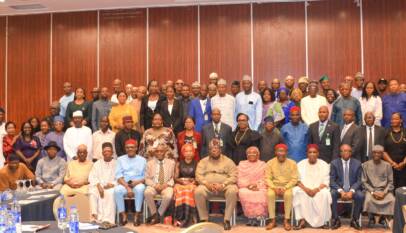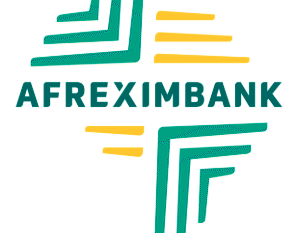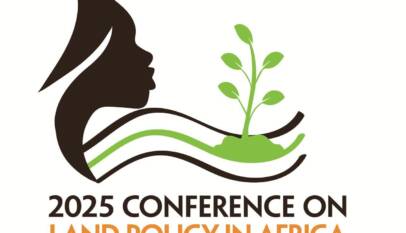Nigeria Commits to Leading Africa’s Digital Trade Revolution under AfCFTA
As Africa seeks to unlock the full potential of digital trade under the African Continental Free Trade Area (AfCFTA), Nigeria is stepping forward to position itself at the forefront of shaping the continent’s digital economic future.
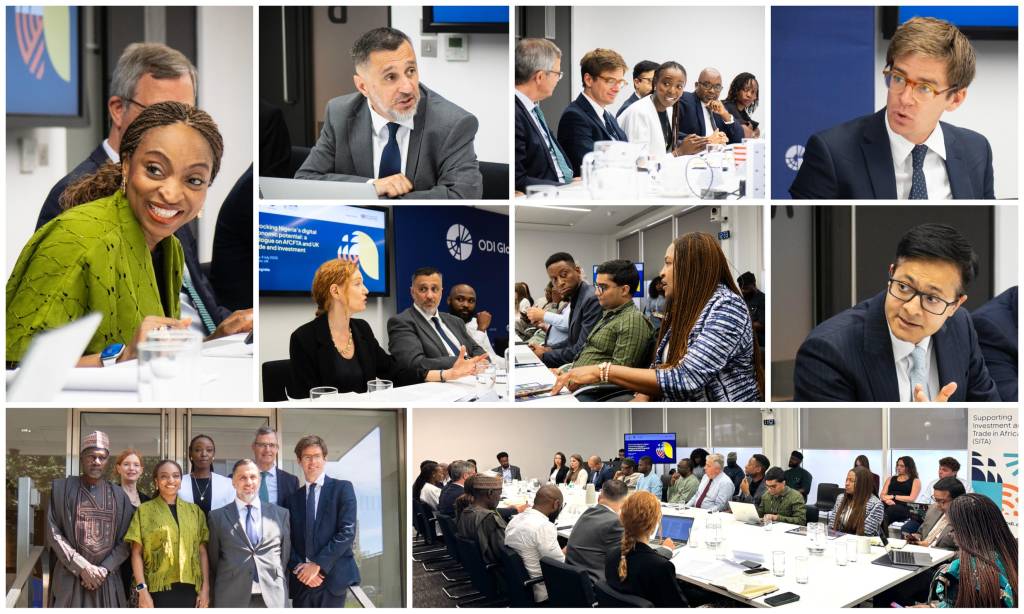
Nigeria, designated by the African Union in February 2025 as Africa’s Digital Trade Champion, is poised to lead in shaping cross-border e-commerce, data flows, and digital services under the African Continental Free Trade Area (AfCFTA).
At a recent ODI Global high-level roundtable themed: “Unlocking Nigeria’s Digital Economic Potential: A Dialogue on AfCFTA and UK Trade and Investment”, stakeholders explored how Nigeria’s rapidly growing digital economy—particularly in fintech, e-commerce, and Business Process Outsourcing (BPO)—can benefit from strategic policy reforms, enhanced investor confidence, and harmonized regulatory frameworks.
The AfCFTA was highlighted as a powerful driver of growth, investment, and regional integration, with Nigeria well-positioned to take a leading role. With a market size of 1.3 billion people, AfCFTA offers an unprecedented opportunity to build a unified African trading bloc.
According to Afreximbank’s African Trade Report 2025, intra-African trade rebounded strongly in 2024, reaching $220.3 billion—a 12.4% increase from the previous year, following a 5.9% contraction in 2023. Nigeria emerged as a key contributor, rising to second place with 8.3% of total African trade.
Participants stressed the importance of strengthening UK-Nigeria partnerships to unlock these opportunities. With growing UK business interest and Nigeria’s rising profile in the digital economy, the discussion emphasized the need to align infrastructure development, local talent, and trade-enabling reforms to attract sustainable foreign direct investment.
From digital platforms to cross-border payment systems, Nigeria’s vision is clear: not only to benefit from AfCFTA but to lead Africa’s inclusive, digital-driven economic transformation.
Nigeria Emerges as Africa’s Digital Trade Leader — Minister Oduwole
Delivering her keynote address at the ODI Global roundtable, Dr. Jumoke Oduwole, Minister of Industry, Trade and Investment, announced that in 2024, Nigeria became Africa’s largest interregional trading nation, with trade flows reaching $18.4 billion—more than double the previous year. She noted that non-oil exports grew by nearly 25% in Q1 2025, while Fitch and Moody’s upgraded Nigeria’s sovereign credit ratings, helping reduce long-term capital costs.
Dr. Oduwole emphasized that this renewed investor confidence—especially in Nigeria’s expanding digital and creative sectors—has attracted increasing attention from UK businesses. The Ministry’s priority, she explained, is to forge partnerships that deliver sustainable impact, with the AfCFTA serving as a cornerstone of this strategy.
The Minister described AfCFTA as “more than a trade deal”, calling it Nigeria’s platform for transformation, skills development, and global competitiveness. She said Nigeria is, along with South Africa and Kenya, recognized as a digital trade champion under AfCFTA, underlining the fact that Nigeria is “leading at the forefront” given its dominant role in Africa’s tech ecosystem.
“We are currently shaping the rules for e-commerce, data flow, and digital services across Africa. The digital economy already contributes significantly to Nigeria’s GDP. With over 122 million active internet subscriptions and a tech-savvy population, we are positioning Nigeria as a regional hub for fintech, e-commerce, creative industries, and BPOs,” she said.
Minister Oduwole highlighted key growth areas for Nigeria: BPO sector valued at nearly $1 billion; e-commerce market surpassing $8 billion in 2024; digital infrastructure investments in broadband, cloud, and data centers projected at $14.8 billion over the next five years; and National Talent Export Programme (NATEP) launched to train and certify Nigerian professionals in software engineering, customer service, and related fields.
“For UK businesses, this means access to a competitive, skilled, English-speaking workforce. We are committed to building a regulatory and investment climate that is fair, modern, and forward-looking. Through mechanisms like the UK-Nigeria Enhanced Trade and Investment Partnership (ETIP) and the UK Developing Countries Trading Scheme, we are working to deepen trade ties and expand Nigeria’s non-oil exports,” Oduwole concluded.
AfCFTA as a Practical Platform for Digital Trade — AfriBorder CEO
Speaking during a panel session, Ms. Lola Aworanti-Ekugo, founder of AfriBorder Limited, emphasized that while “access to markets” is often highlighted as a benefit of the AfCFTA, the concept must be understood in practical, people-centered terms. She therefore argued that AfCFTA should be seen as a platform to create digital solutions that connect African products and services with both global and intra-African consumers.
Aworanti-Ekugo illustrated this vision by imagining a future where African goods such as mangoes or shea butter could be ordered online seamlessly from anywhere in the world. Likewise, she stressed the importance of making Nigeria’s vast talent pool globally accessible, using AfCFTA’s digital trade framework as a catalyst.
“When we say access to markets, AfCFTA will do that. But what we are talking about is an airport—people and products moving in and out at the same time. Imagine sitting in Nigeria or the UK and ordering dried mangoes or shea butter directly. That’s the power of digital platforms under AfCFTA,” she said.
The AfriBorder Founder noted that while talent and innovation already exist, progress depends on building the right frameworks and securing strategic support from partners like the UK. She highlighted inefficiencies in current trade practices, pointing out that 80% of intra-African trade is still settled in dollars or euros, which she compared to “wanting to trade with Ghana but needing to ‘travel’ to the U.S. first.” Tools like the Pan-African Payment and Settlement System (PAPSS), now live in 16 countries, she argued, are essential for driving local currency trade.
Aworanti-Ekugo also called for localized e-commerce policies if Africa is to build its own “Amazon,” alongside greater data transparency, since many African countries remain unaware of what their neighbors produce. She cited the example of Botswana producing salt while Zambia imports from outside Africa, underscoring the need for integrated trade intelligence. She described one-stop border posts developed by TradeMark Africa, which have reduced crossing times by up to 90%, as proof that harmonizing digital and physical trade systems can unlock AfCFTA’s full potential.
Unlocking AfCFTA’s Promise for Nigeria’s Economic Transformation
The Deputy Chief Executive and Managing Director of ODI Global, Mr Hans Lankes, emphasized that the conversation around the AfCFTA, especially its digital component, aligns with this core mission. Mr Lankes believes that Nigeria’s designation as a digital trade champion under the AfCFTA presents a major opportunity for economic transformation, underscoring the potential of the continental market, and urges stakeholders to explore how Nigeria can fully harness its advantages, especially in the digital economy.
“Being named the champion of the AfCFTA’s digital chapter presents Nigeria with a unique opportunity to drive growth, harness the benefits of the continental market, and solidify its leadership on Africa’s digital trade map. Our discussion will focus on where Nigeria currently stands in implementing the digital chapter and, importantly, how the country can fully leverage this opportunity to maximize its impact,” he said.
As Africa accelerates into a digital economic renaissance, Nigeria stands at a strategic crossroads—poised to lead the continent in shaping the future of trade, innovation, and regional integration. With the AfCFTA providing a unifying framework and the UK offering valuable partnership opportunities, the stage is set for transformative and inclusive growth.

